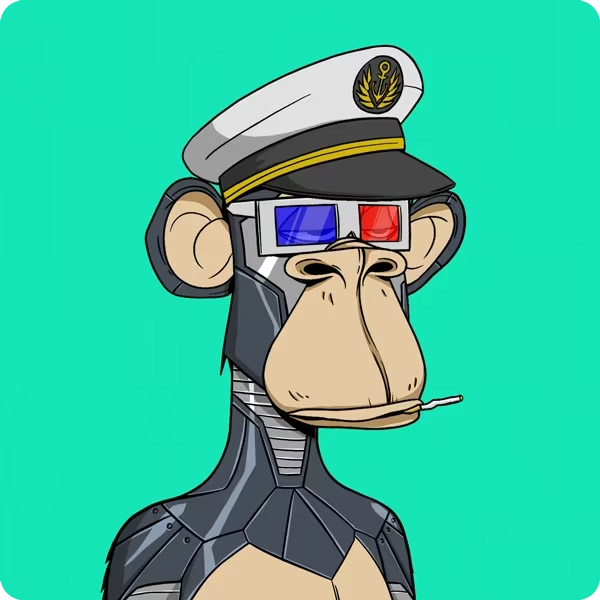
Picture source: https://boredapeyachtclub.com/
When Trademark Law Meets Web3 and Cartoon Apes
If you’ve ever wondered whether the law treats an NFT like a Beanie Baby, a baseball card, or just a bunch of ones and zeros, the Ninth Circuit just gave us an answer: yes, NFTs are “goods” under the Lanham Act.
That little detail matters because it opens the door for trademark law to march right into Web3. And in this case, the march was led by Yuga Labs, creators of the Bored Ape Yacht Club (BAYC).
You know, the cartoon apes that double as pricey status symbols, social club memberships, and occasionally, celebrity conversation pieces.
Yuga Labs vs. RR/BAYC: How the Dispute Over Bored Ape NFTs Began
On the other side of the ring: Ryder Ripps and Jeremy Cahen, who launched their own “Ryder Ripps Bored Ape Yacht Club” (RR/BAYC) using the same ape images and IDs, slapped “Bored Ape Yacht Club” on the smart contract name, and claimed it was all satire to protest Yuga’s alleged flirtations with bad symbolism and worse politics.
District Court Ruling: Trademark Infringement, Willfulness, and Damages
Yuga sued for trademark infringement, cybersquatting, and a few other greatest hits. The district court handed Yuga a win on the big-ticket claims, called it willful infringement, and hit the defendants with profit disgorgement, statutory damages, and attorneys’ fees — plus a permanent injunction for good measure.
The Ninth Circuit’s Take: What It Agreed With—and What It Didn’t
But the Ninth Circuit wasn’t buying the “open-and-shut” part. Here’s the quick breakdown:
- NFTs are goods — they’re bought and sold in online marketplaces, confer perks, and have value independent of any “tangible” packaging.
- BAYC marks are enforceable — Yuga didn’t lose them by selling NFTs, granting broad art rights, or allegedly failing to police the brand.
- Fair use and First Amendment defenses failed — calling it satire doesn’t help if you’re actually using the marks to sell your own product.
Why Consumer Confusion Still Matters in NFT Trademark Cases
But the district court skipped a thorough confusion analysis. Trademark infringement isn’t just “we see the same name.” You have to walk through the Sleekcraft factors, and the Ninth Circuit said, “Nope, you didn’t do that.” So back it goes.
Cybersquatting Claims and Why They Failed
Cybersquatting? Not this time. “rrbayc.com” wasn’t close enough to “BAYC”. “apemarket.com” wasn’t confusingly similar to “Bored Ape”. And Yuga abandoned “Ape” as a standalone mark.
What Happened to the Defendants’ DMCA and Copyright Counterclaims
The defendant’s DMCA claims fizzled because even if Yuga was sloppy in takedown notices, it wasn’t a bad-faith misrepresentation. And the copyright declaratory judgment request was dismissed with prejudice.
What This Decision Means for NFTs, Trademarks, and “Satire” Projects
This isn’t just about cartoon apes. The Ninth Circuit just solidified that NFTs are commercial goods for trademark purposes — so yes, the name you give your pixelated penguin project matters. But even if you own the mark, you don’t get to skip the hard work of proving consumer confusion.
And for those trying to wrap satire, protest, or just-for-laughs into a money-making NFT drop? Courts aren’t amused when the “joke” looks exactly like the thing you’re “joking” about and you’re charging admission at the door.
For more articles on trademark hijinks, check out: Trump Too Small Trademark Is Not First Amendment Violation